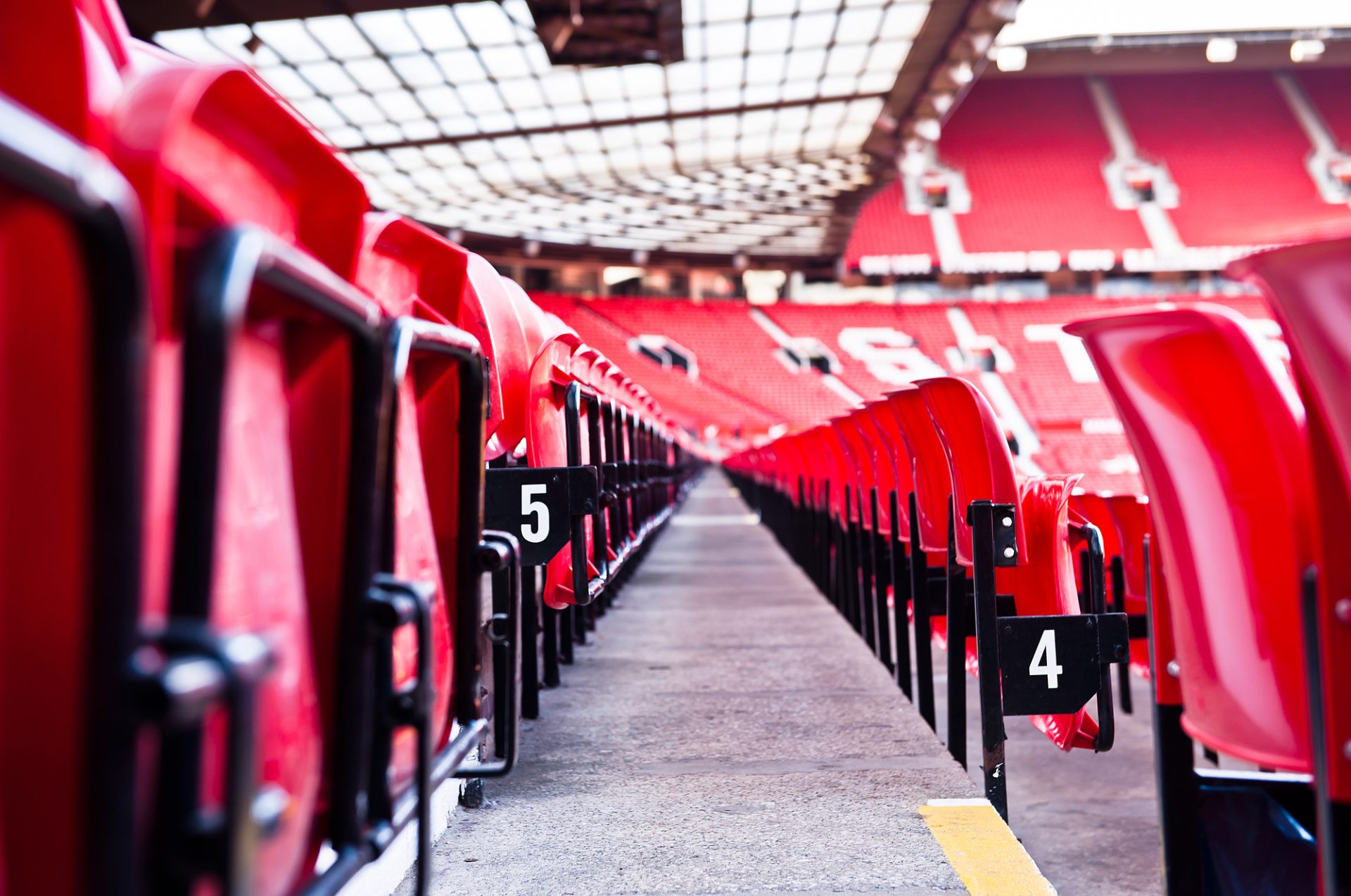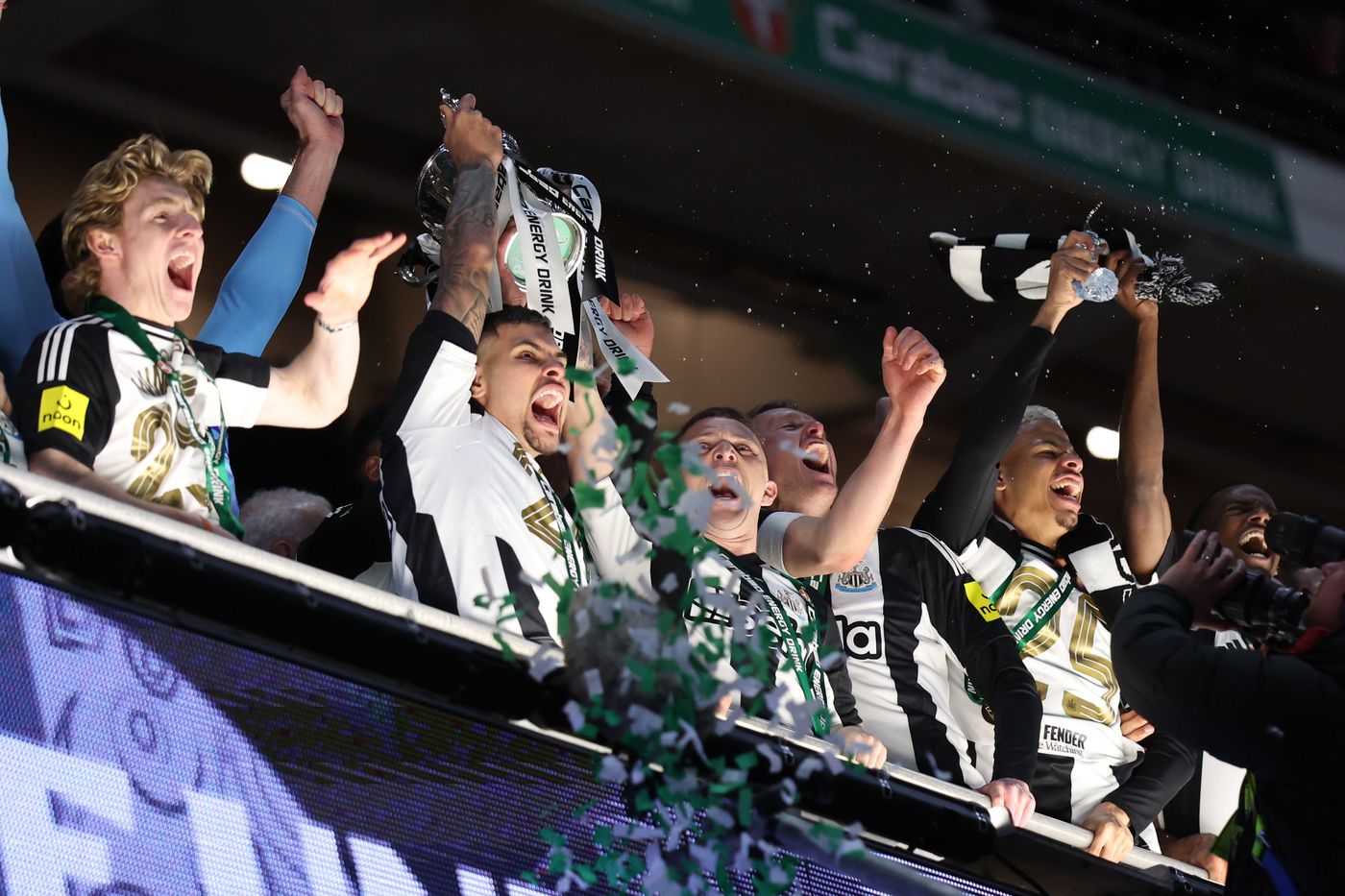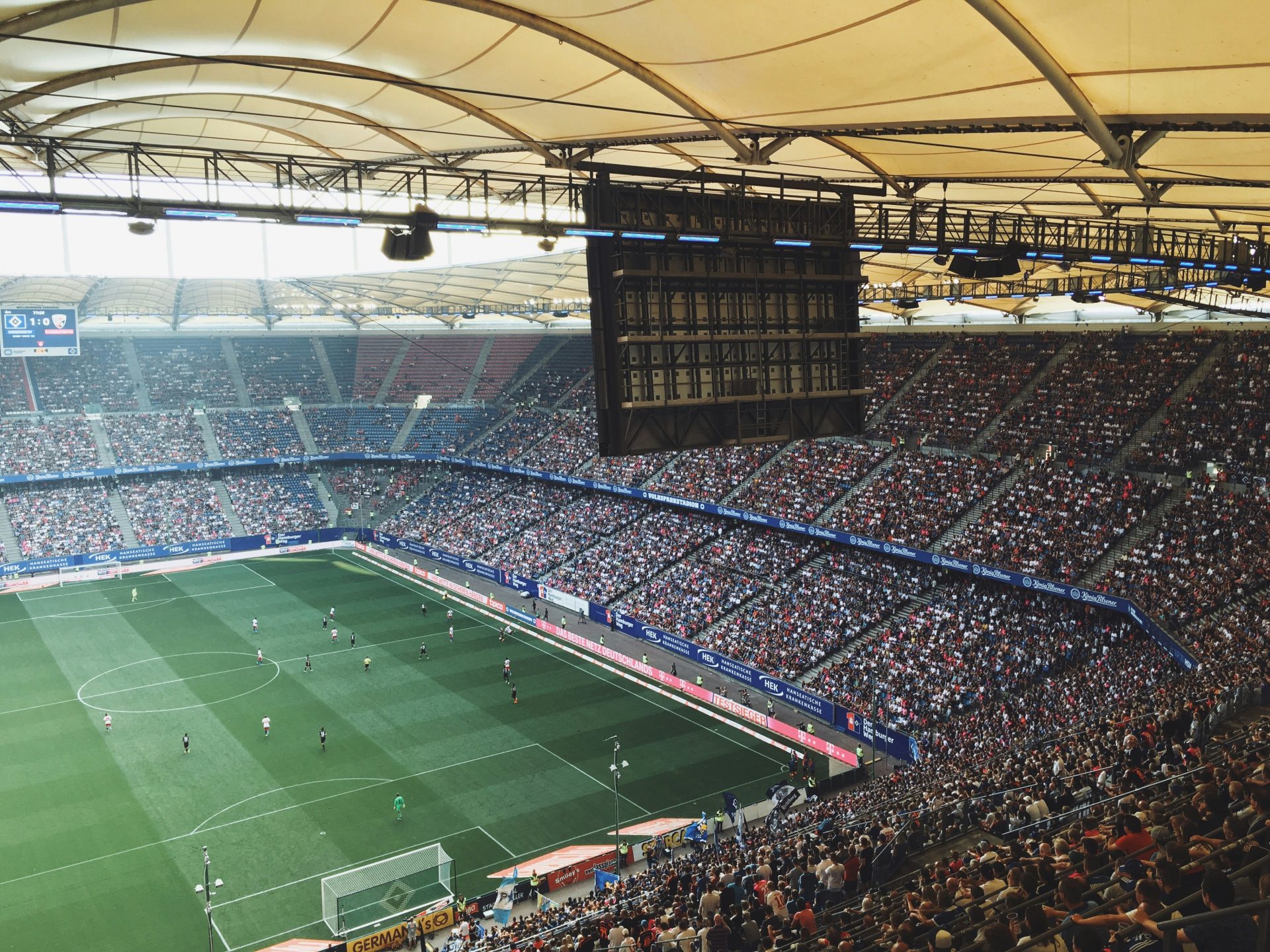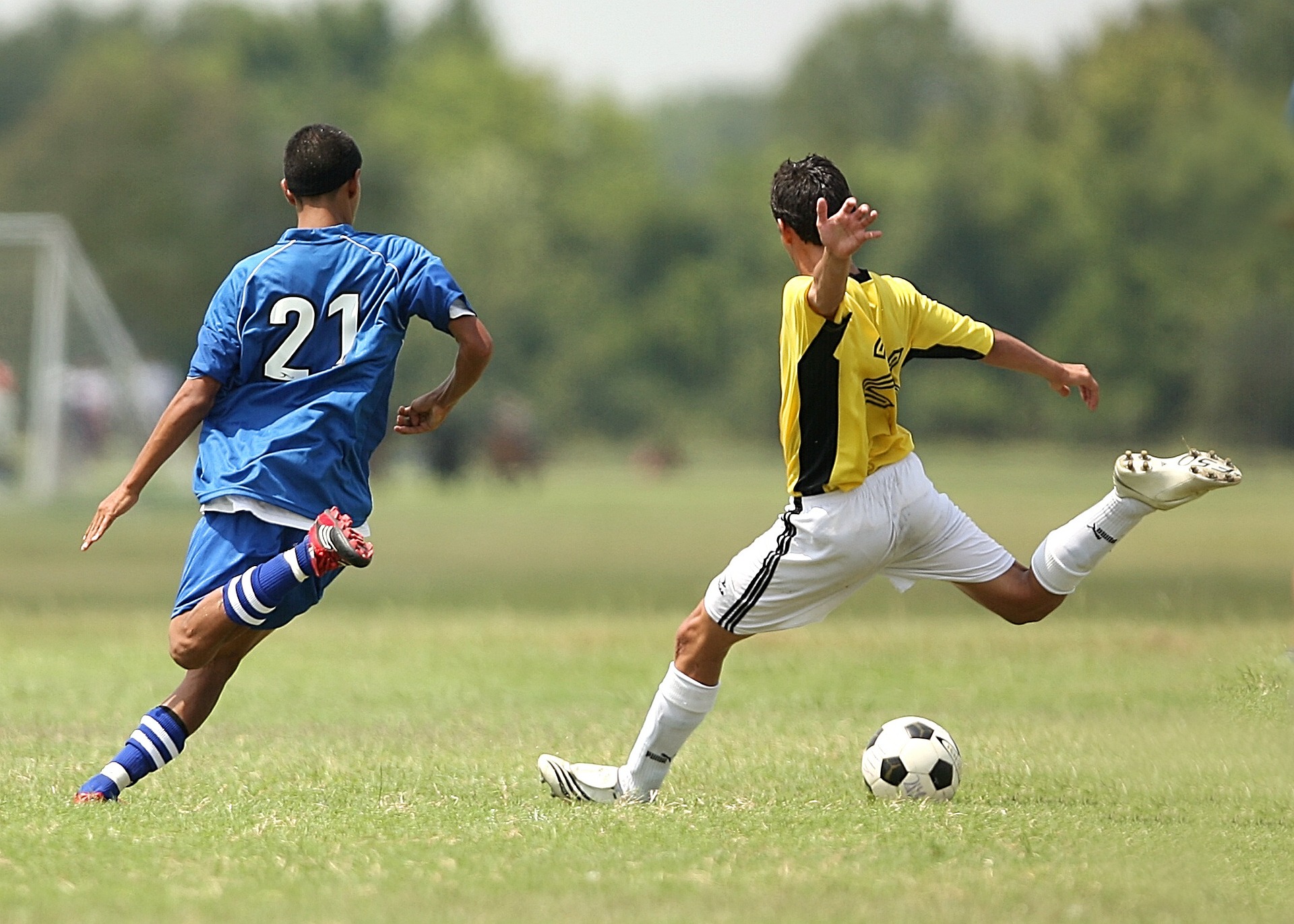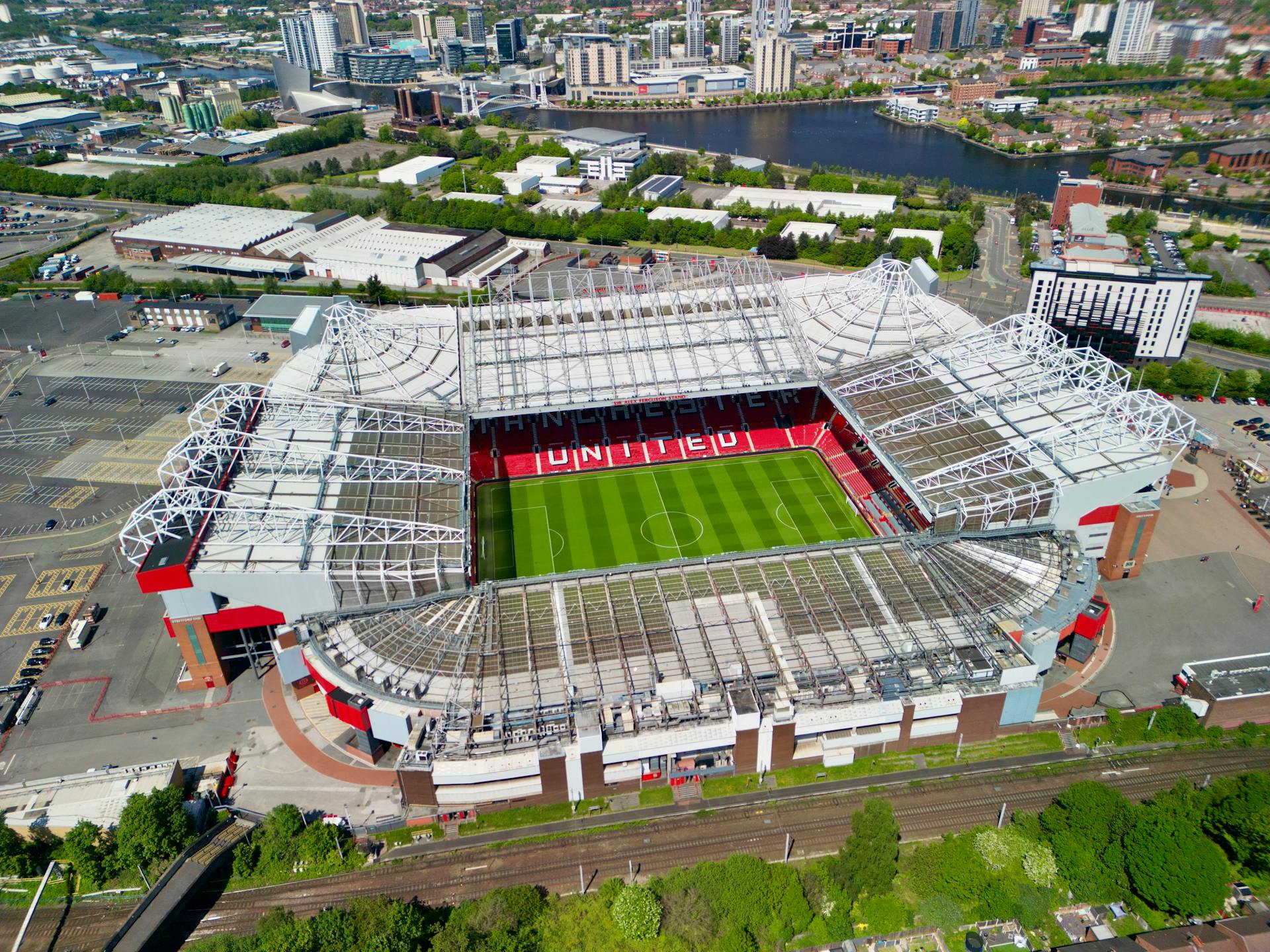What does LM mean in soccer
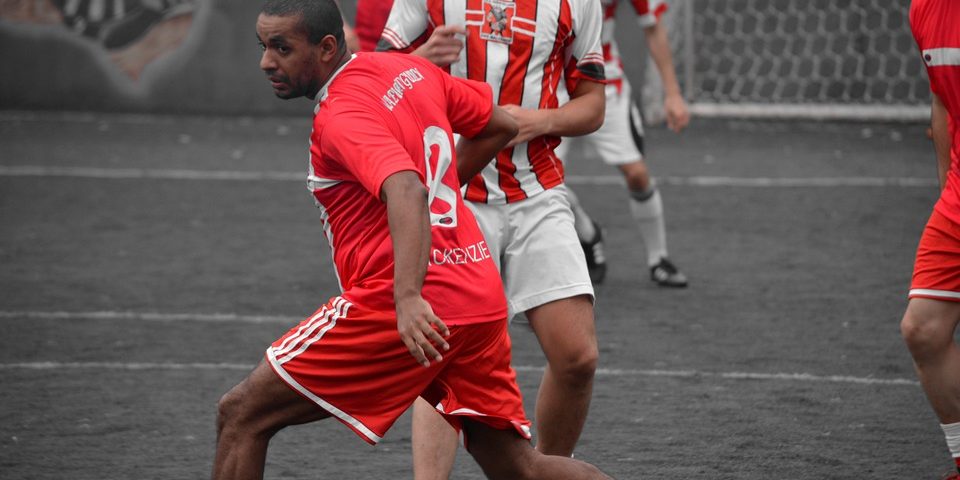
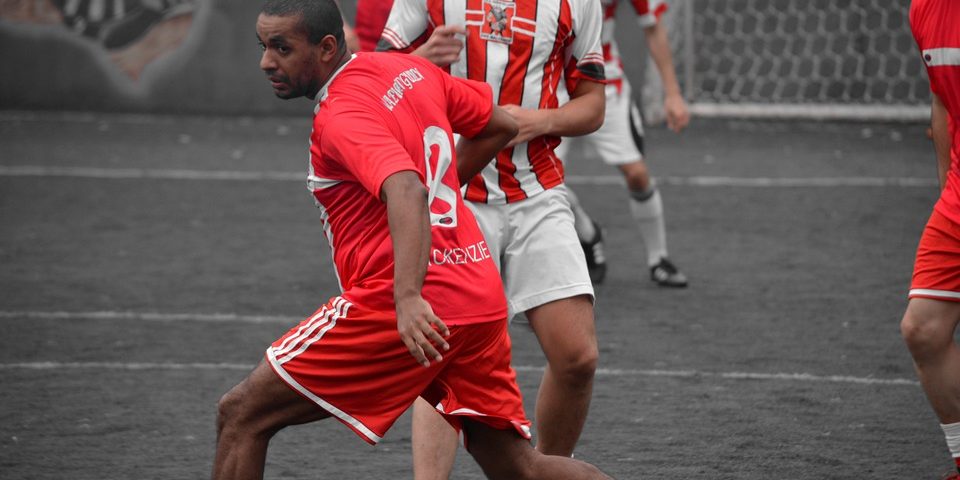
Table of Contents
Understanding the abbreviation “LM” in soccer
LM stands for Left Midfielder in soccer. It’s a crucial role, as they create width and support defending and attacking. To be an LM, you need to have incredible dribbling, crossing, tackling and passing skills. The LM works hand-in-hand with the left-back defender to cover ground on the field and provide help during transitions. It can make all the difference in a match.
As a LM, you’ll spend most of the time running up and down the left flank. Don’t worry, no one expects you to do the defending!
LM as a position on the soccer field
The LM position in soccer refers to the Left Midfielder position, which is typically positioned on the left side of the midfield and is responsible for providing support to both the defense and offense. The LM player’s primary objective is to deliver crosses and passes to the Striker, and they must have the ability to move quickly up and down the field to support the team’s efforts.
| Position | LM |
|---|---|
| Abbreviation | LM |
| Responsibility | Providing support to both the defense and offense |
| Location | Left side of the midfield |
| Main Objective | Deliver crosses and passes to the Striker |
The LM position requires not only excellent passing and crossing skills, but also speed, agility, and endurance. The LM player must be able to move quickly up and down the field to keep up with play and position themselves to receive the ball. Additionally, the LM position is known to be one of the most physically demanding positions on the field.
If you are interested in learning more about the LM position in soccer, make sure to pay close attention to the left side of the field during your next game or match. Don’t miss out on the opportunity to understand the crucial role that the LM player plays in supporting both defense and offense.
LM’s role in the game
LM stands for Left Midfielder. It’s a key position in soccer, requiring both defensive and offensive skills. Their main job? Covering the left side of midfield and helping both forwards and defenders.
The following table shows LM’s Role in the Game:
| LM’s Role in the Game |
|---|
| Defend Left Flank |
| Support Forwards |
| Support Defenders |
LMs need good ball-passing skills to assist attacking plays. When their team loses possession, they must defend and stop any counterattacks by opponents.
Pro Tip: LMs must understand their tactical role, and communicate well with teammates. Plus, they need to be fast, agile and have endurance – or just a really good left foot!
Typical characteristics and skills of an LM
LM is a key role in soccer, helping the team move up and down the field and ensuring smooth gameplay. The LM player needs certain characteristics and skills to make this happen.
- Speed: They must be fast to both attack and defend.
- Ambidexterity: They must be able to use both feet for dribbling, passing and shooting.
- Vision: They need to be able to see the positions of everyone on the pitch.
- Technical Ability: They must have great ball control to keep possession.
- Communication: They need to talk with their teammates to coordinate plays.
- Reading game situations: They should be able to figure out what to do quickly.
For example, when Juventus played Atalanta in Serie A, Federico Bernardeschi had great LM play. He scored an amazing goal by coming forward from left-back, beating Mario Pasalic with his technical skills.
LM is like a ninja on the field, ready to disrupt the enemy’s defense!
LM as a tactical formation
In modern soccer tactics, LM refers to the Left Midfielder position, which plays a crucial role in linking defense with attack. The LM not only provides width to the team but also helps in creating scoring opportunities. Typically, LM is responsible for tracking back and defending, which is critical in a team’s defensive shape.
Positioning and movement are key factors for a successful LM. By positioning himself in the appropriate areas, he can receive the ball from the left-back, the central midfielders, and even the striker. Meanwhile, his movement and speed on the ball can create gaps in the opposition defense, allowing the team’s striker to exploit those spaces.
Below is a table that shows the average numbers for the top 5 Left Midfielders in the English Premier League for the 2020-2021 Season:
| Player Name | Team | Goals | Assists | Shots | Pass Accuracy |
|---|---|---|---|---|---|
| Jack Grealish | Aston Villa | 6 | 10 | 62 | 85.6% |
| Heung-min Son | Tottenham | 17 | 10 | 60 | 82.9% |
| Raheem Sterling | Manchester City | 10 | 7 | 47 | 81.4% |
| Harvey Barnes | Leicester City | 9 | 4 | 32 | 70.8% |
| Marcus Rashford | Manchester United | 11 | 9 | 88 | 80.5% |
It’s worth noting that the formation of the team heavily influences the role of the LM. For example, in a 4-3-3 formation, the LM would be more restricted in attacking and have more defensive responsibilities.
In a match between Tottenham and Aston Villa last season, Jack Grealish showed his quality as a Left Midfielder by scoring a goal and providing two assists, leading his team to a 3-2 victory. His ability to create chances and take on defenders was on full display, showing why he is considered one of the best in his position.
Types of formations where LM is commonly used
LM: A Commonly Utilized Formation in Tactical Play
The LM formation is often used in soccer as a tactical strategy. It’s versatile and effective, so it can be seen in many different formations. Here are three with descriptions:
| Formation Type | Description |
|---|---|
| 4-4-2 | The LM position serves as an alternative for the LW player on wider fields. |
| 4-2-3-1 | The LM position helps balance the defense in this attacking formation. |
| 3-5-2 | The LM player can aid both the midfield and defense in this formation. |
Plus, other formations use the LM position too.
However, utilizing LM doesn’t guarantee success. Not using it might mean missed opportunities, which could affect team performance. So, teams should make sure they use and train with this formation to gain an edge.
If LM were a person, they’d be great at multitasking. But, they’d be like a goldfish playing hide-and-seek – prone to getting caught out of position.
Advantages and disadvantages of using LM in a formation
Using LM as a tactical formation can have its pros and cons. The table below shows these:
| Advantages | Disadvantages |
|---|---|
| Provides width in attack | Can leave the team exposed |
| Increases crossing opportunities | Can result in too many crosses |
| Offers support to LB and LW | May affect midfield balance |
It’s important to note that while LM can help with attacking performance, it also has its downsides. It must be implemented carefully to fit the team’s strategy and formations.
Be mindful of defensive vulnerabilities that come with this formation. For example, Tottenham Hotspur in the 2020/2021 league season had difficulty defensively due to their inability to change formations while using LM.
Why settle for a regular LM player when you could have a legendary one? It’s like choosing between a cheeseburger and a filet mignon.
Famous LM players in soccer history
In soccer, LM stands for Left Midfielder. This position is generally responsible for making runs down the left flank, delivering crosses into the penalty area, and supporting the attack while also being required to track back and help defend. This pivotal role has been played by some of the most famous footballers in history.
The table below showcases some of the most notable LM players in soccer history:
| Player | Nationality | Club(s) | Achievements |
|---|---|---|---|
| Cristiano Ronaldo | Portugal | Sporting CP, Manchester United, Real Madrid, Juventus | 5 Ballon d’Or, 4 Champions League, 3 Premier League, 2 La Liga |
| Ryan Giggs | Wales | Manchester United | 13 Premier League, 2 Champions League, 4 FA Cup |
| Gareth Bale | Wales | Southampton, Tottenham Hotspur, Real Madrid | 4 Champions League, 2 La Liga |
| Andres Iniesta | Spain | Barcelona, Vissel Kobe | 2 Euro, 1 World Cup, 4 Champions League |
| Francisco Gento | Spain | Real Madrid | 6 European Cups, 12 La Liga |
These players are known for their technical skills, game-changing ability, speed, and positioning on the field. Interestingly, some LM players have also been successful in other positions such as Cristiano Ronaldo, who transformed into a center forward later in his career.
To enhance your skills as an LM player, improve your fitness, work on your first touch, and focus on delivering quality balls into the penalty area.
Notable achievements of LM players
LM players have been remarkable in soccer. They have won many titles, cups, and awards. Some of their achievements include:
- League titles and cups for their clubs
- Being named best player in the world by FIFA
- Scoring memorable and crucial goals
- Winning major tournaments with national teams
Moreover, these players have been role models for young footballers all over. To be an LM player, one must master ball control, quick thinking, and passing accuracy. Even their bench warmers become famous!
Impact of LM players on their respective teams
LM players have a huge influence on their teams, bringing different skills and strategies to the game. These players have played an important role in the success of some of the world’s top soccer teams.
The table below shows the accomplishments of some of the most well-known LM players:
| Player Name | Team | Goals Scored | Assists | Trophies Won |
|---|---|---|---|---|
| Lionel Messi | FC Barcelona | 671 | 288 | 34 |
| Cristiano Ronaldo | Real Madrid, Manchester United, Juventus | 674 | 220 | 30 |
| Ryan Giggs | Manchester United | 168 | 274 | 34 |
| Arjen Robben | Bayern Munich, Chelsea, Real Madrid | 209 | 107 | 21 |
Apart from their performance on the field, these players also brought leadership and motivation to their teammates. Examples include successful communication tactics and motivating team rallies.
It’s worth noting that Arjen Robben retired last year after a successful career.
Sources: ESPN, BBC Sport
Remember, it’s vital to understand LM in soccer – otherwise, you may make the mistake of confusing Lionel Messi with Landon Donovan.
Conclusion: The importance of understanding the meaning of LM in soccer.
Knowing the significance of LM in soccer is essential for players, coaches, and fans. It helps people to talk about positions, tactics, and strategies during a match. LM stands for Left Midfielder. This term means a player who lines up on the left side of midfield in a standard 4-4-2 formation. Mastering this concept and other soccer terms can make the game more pleasurable.
LM may look like just another acronym, however, it can significantly affect gameplay. LMs must play both offensive and defensive roles. Recognizing this allows teammates to interact better and make a better strategy.
Furthermore, understanding the history of soccer adds flavor to the historical development of playing styles and team formation tactics. Combining all elements such as player attributes and trademark moves into one style makes football what it is today: a beautiful sport loved globally and more than just labels.
What does LM mean in soccer? – Frequently Asked Questions
Q: What does LM mean in soccer?
A: LM stands for Left Midfielder in soccer, which is a position on the field that is located on the left side of the midfield.
Q: What are the responsibilities of a LM player?
A: The main responsibilities of a LM player are to support the team’s defense, create attacks on the left side of the pitch, and help maintain possession of the ball.
Q: Is LM used differently in different countries?
A: No, LM is a standard position in soccer and is used uniformly across all countries that play the sport.
Q: What are some famous LM players?
A: Some famous LM players include Cristiano Ronaldo, Eden Hazard, and Neymar.
Q: Can a player play both LM and RM positions at the same time?
A: No, it is not possible for a player to play both LM and RM positions at the same time because they are located on opposite sides of the midfield.

